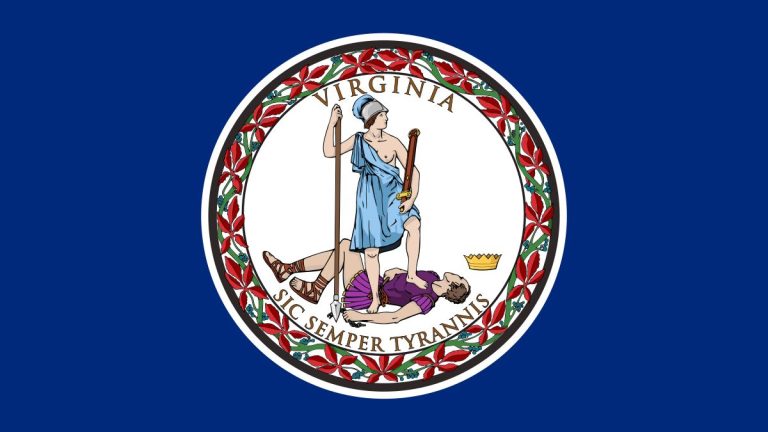Michigan's Online Gambling Industry Is About to Go Live

December 21, 2018, marked the final approval of HB 4926 by both the Michigan Senate and the Michigan House of Representatives. Introduced by Michigan Rep. Brandt Iden, the bill includes provisions for the legalization of full real money online gaming in the state – online sports betting also happens to be in the mix. All that remains now is for it to be presented to the governor who will then sign the bill into law which will make Michigan that 6th state to legalize and regulate online gambling in the United States.
Michigan boasts of a population of close to 10 million people and this will materially increase the number of Americans who will be allowed to play casino games and wager on their favorite sporting activities on the internet. If everything goes as planned, Michigan’s regulated internet gambling market will go live in 2020 with such companies as GAN who have shown interest in the market leading the way by partnering with casino operators in the state. Even though there may not be any need for any additional legislation for sports betting if HB 4926 is signed into law, Rep. Brandt Iden still has plans to pursue a sports betting bill in the forthcoming year.
“It’s a great first step,” Iden said. “In 2019, my focus will be sports betting, and what that vote count told me in the House and Senate is that there will be support as I roll out sports betting legislation again.”
Is This the ‘Model Legislation’ for Tribal Gaming?
The online gambling bill in Michigan was quite monumental partly because it has to deal with the fact that Michigan is a tribal gaming state and thus creating legislation that satisfies all the parties with interests in the market is often an uphill task. In fact, it is the first time that something of the kind is happening in a state with both commercial and tribal interests.
Unlike other states like Pennsylvania and New Jersey where tribes are involved with some online casinos and work within the commercial structure, in Michigan, the tribes have their individual compacts with the state. The success of the online gambling bill in Michigan proves that it is possible for all of the interested parties to come together and make concessions when mutually tempted by the huge profits from online gambling.
To ensure that everyone was on the same page for, Rep. Iden worked closely with Sen. Mike Kowall, the tribes, the state’s commercial casinos as well as the city of Detroit. By the time the bill was being finalized, the commercial and tribal gaming interests had already come to an agreement. The commercial casinos conceded to eliminating Sec.16 of the bill that stated that they could continue operating internet gaming even if changes in federal law prohibited tribes from doing so. The tribes, on the other hand, agreed to waive their sovereign immunity for online gambling thus allowing the state of Michigan to regulate all the casinos within its jurisdiction in the same manner.



